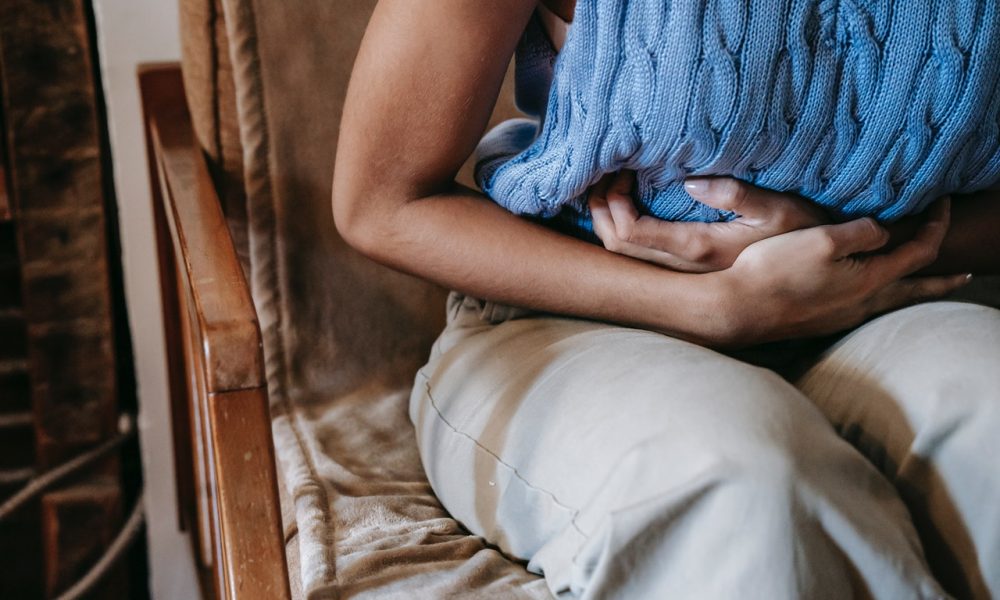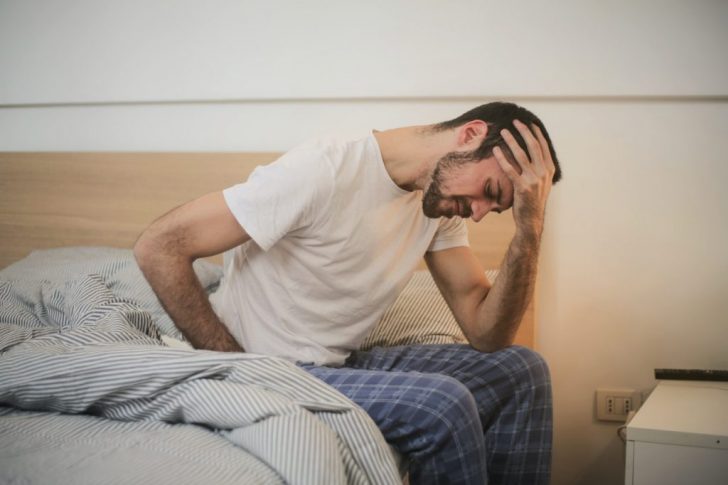
Scientific Tips to Help You Get Rid Of Your Constipation

Have you ever had those days when you just wouldn’t go to the bathroom? Well, that’s not normal. An average person visits the loo at least once a day, so if you don’t, you need to continue reading. While this topic might not be the most fun topic to discuss, it is highly important as it can be a way for your body to signal that something isn’t right.
For many people who suffer from diseases such as PCOS and endometriosis, constipation is just another burden that comes with the package, so ideally, you should be aware of how to deal with a situation like this.

Pexels | It has been estimated that 14 percent of the population suffers from chronic constipation
Here are some tips to help you.
1. Drink Water
As basic as it sounds, this is one of the most important things that people tend to overlook. The human body is made up of 70% of water, making it essential for the regulation of normal bodily functions. The lack of water can lead to your intestinal movements getting either restricted or malfunction, which eventually results in constipation.

Pexels | The average person should have at least 2 liters of water a day
2. Don’t Hold It In
Many people may find it hard to use the bathroom in a foreign place, but there are some natural calls that you cannot deny. A busy schedule can be a great hindrance, but reevaluating your schedule to dedicated bathroom breaks might make it easier. This will help your body be able to make a daily routine, and you are bound to have more control over the ‘natural calls’.
3. Consume More Fiber
Fiber is a type of carbohydrate that the body cannot digest. While its main function is to regulate body sugar and control any impulsive eating, fiber also works as a great catalyst for maintaining healthy bowel movement, so if your diet doesn’t have enough fiber, this is your sign to start including it.

Pexels | Foods like apples, berries, beans, broccoli, etc., have a high fiber content
Bottom Line
These are some of the top tips that are usually missed out on by many people. Though there are also short-term quick fixes such as laxatives that help in solving the problem, they come with their own set of risks and side effects that may be dangerous for long-term use.
Another issue that comes with these laxatives is that long-term use can lead to dependency, making it difficult for you to not use them. In order to prevent putting yourself in a risky situation, you should consider options that are rather less harmful and have no side effects.
More inHealthy Trends
-
`
Are Popular Diet Trends Actually Good for Your Heart?
Diet trends grab headlines every year, promising everything from glowing skin to dramatic weight loss. But when it comes to the...
July 30, 2025 -
`
Why Are Men Taller Than Women? New Genetic Study Finds Clue
For centuries, the average height difference between men and women has been noticeable—men generally stand about five inches taller. While environment...
July 23, 2025 -
`
How Upcycled Beauty Ingredients Are Reshaping the Industry’s Future
The beauty industry is going through a big shift — and it’s not just about trends. As waste problems grow and...
July 17, 2025 -
`
A Look Inside Faith Kipyegon’s Groundbreaking Mile Run in Paris
Last week in Paris, Faith Kipyegon returned to a place she knows well: Stade Sébastien Charléty. But this time, she wasn’t...
July 9, 2025 -
`
Dairy Is Making a Major Comeback — And Health Shoppers Are Loving It
Just a few years ago, dairy sat quietly in the back seat while plant-based alternatives took the spotlight. Now, it’s stepping...
July 4, 2025 -
`
Does Aging Cause Dental Problems?
Aging doesn’t automatically mean losing teeth or developing gum disease. In fact, older adults today are holding onto more of their...
June 25, 2025 -
`
How Upcycled Ingredients Are Shaping the Future of Cosmetics
What used to end up in bins or compost heaps is now finding a new life inside skincare bottles and beauty...
June 18, 2025 -
`
Rock Legend Rod Stewart Trains to Break Sprint Record at 80
Age isn’t slowing Rod Stewart down. Known worldwide for his legendary voice, stadium-filling tours, and timeless hits like “Maggie May”, the...
June 11, 2025 -
`
The Truth Behind Detox Diets – Health Boost or Risky Trend?
It’s hard to scroll through your feed without seeing someone sipping green juice with promises of instant energy, glowing skin, and...
June 3, 2025














You must be logged in to post a comment Login